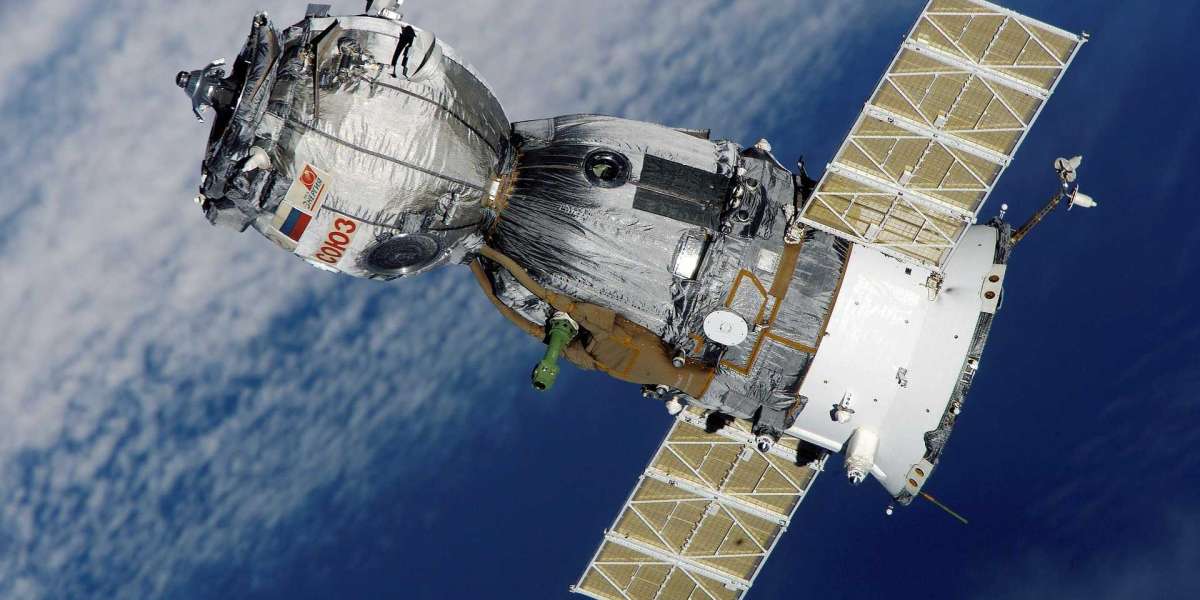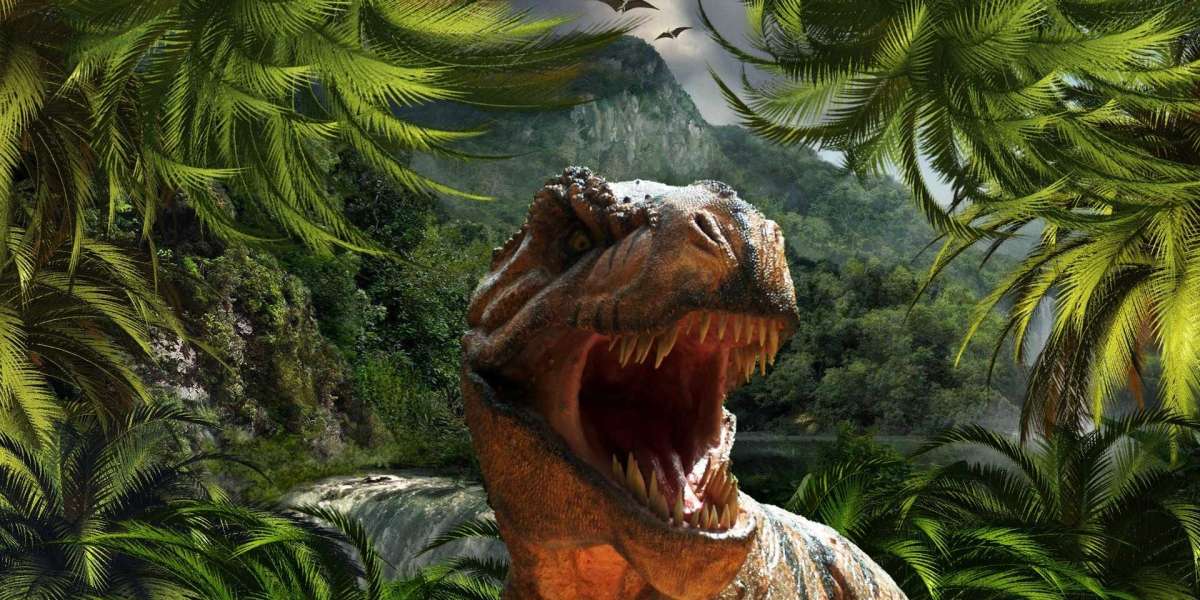In particular, a number of Spanish research teams are paying close attention to news reports concerning the conflict in Ukraine. They have ongoing collaborations with Russian or Ukrainian experts that have already been halted or are in danger of being halted as a result of the invasion or the sanctions implemented against President Vladimir Putin. Depending on the situation, their job may have needed decades of effort and millions of dollars in investments. In the worst-case situation, they are concerned for the well-being of their coworkers.
The exploration of Mars has suffered one of the most devastating setbacks in history. In a statement released on Monday, the European Space Agency (ESA) stated that the launch of its first rover on Mars, which was planned for this year in conjunction with Russia's Roscosmos, is "very doubtful." The European Union's coercive efforts against Russia are the root cause of this situation.
This spacecraft, which is part of the €1.3 billion Exomars program, has many Spanish equipment on board, including the RLS (Raman Laser Spectrometer), which will be used to search for signs of life on Mars, and small environmental sensors that will be used in the Russian landing. As Javier Gómez-Elvira, of the National Institute of Aerospace Technology, explains, "we will have to wait two years (for the launch window), and who knows what will happen then" (INTA). The amount of Russian equipment involved is significant. The possibility of partnership is ruled out. According to the researcher, "it is past time to make these kinds of decisions."
According to astronomer Rafael Bachiller, the European Interferometry Network (EVN), a collection of radio telescopes distributed from Spain (Yebes observatory, near Guadalajara) to Russia for the purpose of studying the universe using the same technique that was used in 2019 to photograph the black hole in the galaxy M87, is also in danger of being destroyed. "It's critical that we have the Russian (Quasar) antennas because the greater the gap between all of them, the higher the resolution," says the scientist. Although this agreement was struck in Saint Petersburg, the scientist is concerned that it will also fall apart. Russia was included in the project only after the agreement was signed in Saint Petersburg.
"It's an extremely sad situation." It makes my heart ache. The Russian scientists with whom I am acquainted are pleasant individuals who are looking forward to working together. Science knows no boundaries. According to Bachiller, "here, supra-scientific themes are intertwined with scientific issues." The seriousness of the war's buildup, on the other hand, changes everything. In light of the fact that their leaders may eventually exploit the information for dubious objectives, I'm not sure how far we should go in sharing technological know-how." Radio astronomy is inextricably tied to radio telecommunications and engineering, both of which are of significant military importance. « It's a conundrum, » he admits after some thought.
A pointing telescope is a telescope that points in one direction.
According to the Confederation of Scientific Societies of Spain (COSCE) and other reference societies, any scientific cooperation with Russian state institutions should be suspended "with immediate effect" and "until further notice." The next day, the Minister of Science, Diana Morant, said that she will conduct a review of scientific relationships between the two countries under the framework of the European Union. Germany was the first country to impose a ban on them, less than 48 days after the first bombs were dropped on the country. They even turned off an instrument for observing black holes that was put on a Russian satellite just a few days ago.
"Breaking relationships in space science is detrimental to the entire human race," says Ana Inés Gómez de Castro.
The World Space Telescope-Ultraviolet (WSO-UV), a partnership between Spain, Russia, and, to a lesser extent, Japan, is at risk if this occurs in the United States as well as in other parts of the world. Professor of Astronomy and Astrophysics at the Complutense University of Madrid, Ana Inés Gómez de Castro is the most prominent astronomy and astrophysics researcher in our country. «The initiative is amazing, cutting-edge, and a privilege for us to be a part of. It will cost approximately 400 million euros, with practically all of the money coming from Russian sources », she reveals. Construction on the observatory, whose inauguration is scheduled for 2025, was progressing at such a rapid pace that requests for observation time were already being granted. According to Gómez de Castro, she is hopeful that nothing will change: "Breaking the links of collaboration in space science is detrimental to the entire human race." Among other things, she has spent the last fifteen years developing the telescope, which will be used to research exoplanets (planets that exist outside of the Solar System) and the structure of the galaxy. She even obtained backing from the United Nations. "With the Russians, we're like a huge family," he explains. They have witnessed the development of our children and the development of theirs.
Even Atapuerca's co-director, Juan Luis Arsuaga, who has written multiple articles with Russian colleagues - including one on the recovery of ancient DNA from soil, without the requirement for fossil bones-, is opposed to the boycott. We must keep in mind that scientists have made their voices heard against Putin, as evidenced by an open statement signed by 5,000 Russian researchers and disseminators opposing the attack. "It is a delicate subject," he continues.
"The worst is yet to come," says the narrator.
Science in Russia is particularly strong in the fields of mathematics and physics. There is no doubt that the International Congress of Mathematicians (ICM), where the famous Fields prizes are awarded -the mathematical equivalent of the Nobel Prize-, is an event that is held every four years and attended by thousands of academics from all over the world. It was originally scheduled to take place in July in Saint Petersburg, but it will now take place virtually and will be hosted somewhere other than Russia. The Spanish Mathematics Committee (CEMat) was one of the societies that asked for the event to be postponed, and their request was granted. A professor at the Autonomous University of Madrid (UAM), the Russian-born mathematician Andrei Jaikin feels that the worst of the battle has not yet arrived. It is still too early to tell how it may effect our work in the future.
Luis Via, president of the Royal Spanish Society of Physics (RSEF), on the other hand, believes that joint research, which is common, "will suffer as a result." We recently had a physicist from Moscow who came to give a talk on photonics and new materials at our facility. While acknowledging that "it is impossible today," he also states emphatically that when he writes to his Russian colleagues, he "censors himself" in order to avoid putting them in risk.
Multiple studies on new materials from Russian teams are scheduled to take place at the ALba synchrotron, a particle accelerator in Cerdanyola del Vallès (Barcelona) that serves as a magnificent microscope in the upcoming months, according to the ALba synchrotron's website. It will be cancelled and replaced by others if it is decided to terminate the partnership. It is not a concern because there isn't much of a business deal to be had.
The ITER project, an attempt to create a fusion reactor in the south of France in which Russia is also involved, is, nevertheless, the most significant physics initiative in international cooperation. It is still unclear what will transpire as a result of this collaboration. Installing the system is behind schedule, and it has lately been halted to do security testing. Neither Russia nor ITER would suffer a significant loss if they were to part ways.
"We don't know whether or not our Ukrainian colleagues are in the front," Ana Risk says.
Not only is collaboration with Moscow at jeopardy, but also collaboration with Ukrainian scientists, albeit in limited numbers. A biologist at the Museum of Natural Sciences in Madrid, Ana Risk, is a participant in the European Reference Genome Atlas (ERGA), which is the European node of an ambitious multinational initiative to sequence all of the world's species, to which Ukraine also makes contributions. "We have received no new information from our Ukrainian colleagues. "We have no idea where they are: whether they are fighting on the front lines or whether they have fled the country," the researcher says, his voice filled with concern. It has been determined that they will make their sequencing equipment available to their colleagues and that they will investigate how they might accommodate them in the event that contact is restored, "although this will no longer be in our control." "Everything is up in the air at the moment."



